If you’re a passionate home baker in Florida looking to turn your talent for baked goods and pastry into a cottage food business, this guide will walk you through everything you need to know—legally and practically.
What Is Cottage Food in Florida?
Cottage food refers to certain types of low-risk food items made in a home kitchen and sold directly to consumers. Florida’s Home Sweet Home Act (also known as the Sweet Home Act) enables food entrepreneurs to start a cottage food operation without needing a commercial kitchen or a food permit.
Common Approved Cottage Food Products:
- Breads and pastries
- Cakes and cookies
- Jams and preserves
- Homemade pasta
- Candies and fudge
- Dry herbs and seasonings
Note: Cottage foods must be shelf-stable and have a low risk of foodborne illness. Products like pumpkin butter or pet food are not allowed.
Florida Cottage Food Law: What You Need to Know
The Florida Department of Agriculture and Consumer Services (FDACS) oversees cottage food laws in Florida. According to the Florida law, a cottage food operation must comply with the following:
- Gross sales cannot exceed $250,000 annually (as of 2025).
- Cottage food operators may only sell directly to the consumer—no wholesale, restaurants, or across state lines.
- Products can be sold at roadside stands, farmers markets, and even online (as long as there’s no mail delivery or mail order).
- No food permit, food license, or inspection is required for approved products.
Step-by-Step: How to Start a Cottage Food Bakery in Florida
1. Choose Your Products
Decide what cottage food products you’ll offer—think pastries, homemade pasta, or preserves. Review the full list of approved cottage food products on the Department of Agriculture and Consumer Services website.
2. Write a Business Plan
Your business plan should outline:
- Product offerings
- Sales strategy (e.g. direct to consumer, roadside stands)
- Budget and expenses
- Growth plan for your home-based business
3. Choose a Business Name
Choose a unique and appropriate business name. Florida doesn’t require cottage food producers to register a name, but it’s recommended for branding and marketing purposes.
4. Determine If You Need an LLC
You don’t need an LLC to start a cottage food business, but forming one can offer liability protection. Consult with a small business advisor or attorney.
5. Understand Labeling Requirements
Labeling requirements include:
- Your name and address
- Product name
- Ingredients (in descending order)
- Net weight
- Allergen info
- A disclaimer: “Made in a cottage food operation that is not subject to Florida’s food safety regulations.”
All labels must be printed in at least 10-point font.
6. Prepare Your Home Kitchen
While your home kitchen doesn’t require inspection, you must follow food safety practices to prevent foodborne illness.
Tips for food safety:
- Keep raw materials separate
- Clean surfaces regularly
- Use food-grade containers
7. Start Selling!
You can sell food in Florida directly to consumers through:
- Farmers markets
- Craft fairs
- Social media
- Your own website (no mail delivery allowed)
- Roadside stands
You do not need a license or permit, but you may need a business tax receipt from your county (e.g. Miami-Dade County).
What Cottage Food Operators Cannot Do
- Ship products across state lines
- Sell through a food truck, restaurant, or retailer
- Sell potentially hazardous or prepackaged refrigerated food
- Operate without clearly labeling products
Florida Cottage Food Business FAQs
Do I need a permit to sell homemade food in Florida?
No. You do not need a permit for approved cottage food products, but your products must meet all labeling and sales requirements.
Can I sell food online in Florida?
Yes, but only for in-person pickup or delivery. Mail order is prohibited under Florida cottage food law.
Can I make and sell food from home in Florida?
Yes! As long as you’re making low-risk items like baked goods or preserves, you can run your cottage food business from your home kitchen.
Do I need to register my cottage bakery?
No, but you should check if your local county requires a business tax registration.
Final Thoughts
Launching a cottage bakery in Florida is a great way for home bakers, pastry chefs, and food entrepreneurs to turn their passion into a legal, profitable home-based business. With the right understanding of cottage food laws, labeling, and safety, you can start selling Florida food that people love—no commercial kitchen or food license needed.
Ready to get started? Your dream cottage food operation could be just a few loaves away.
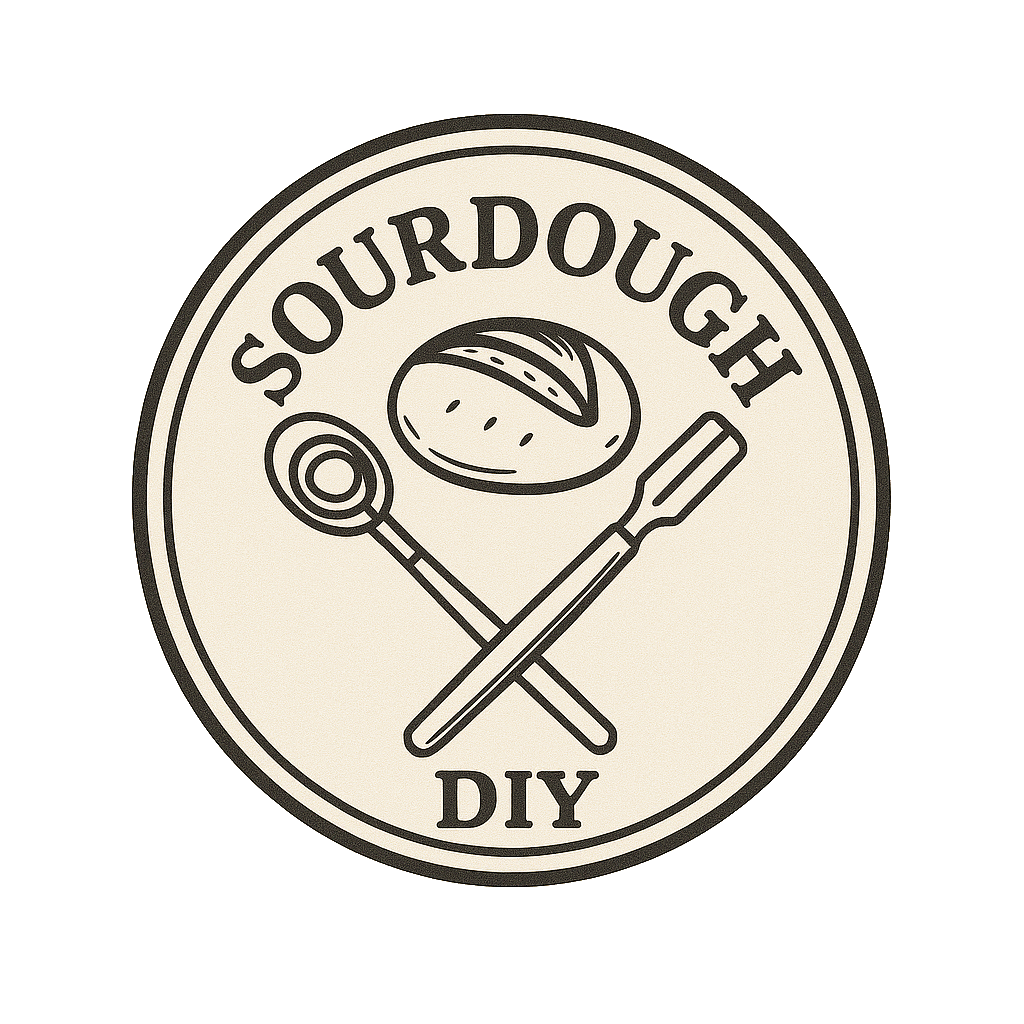
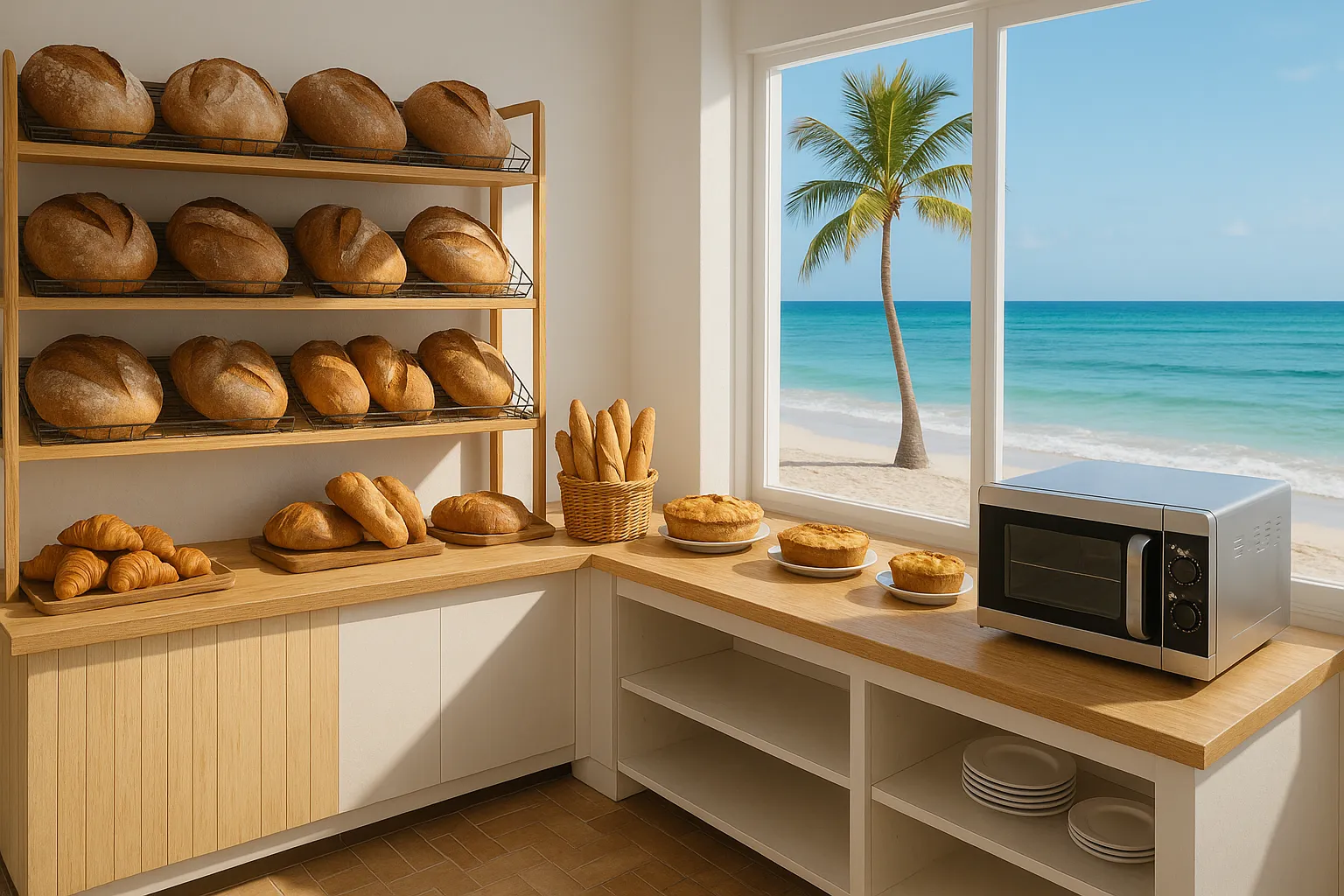
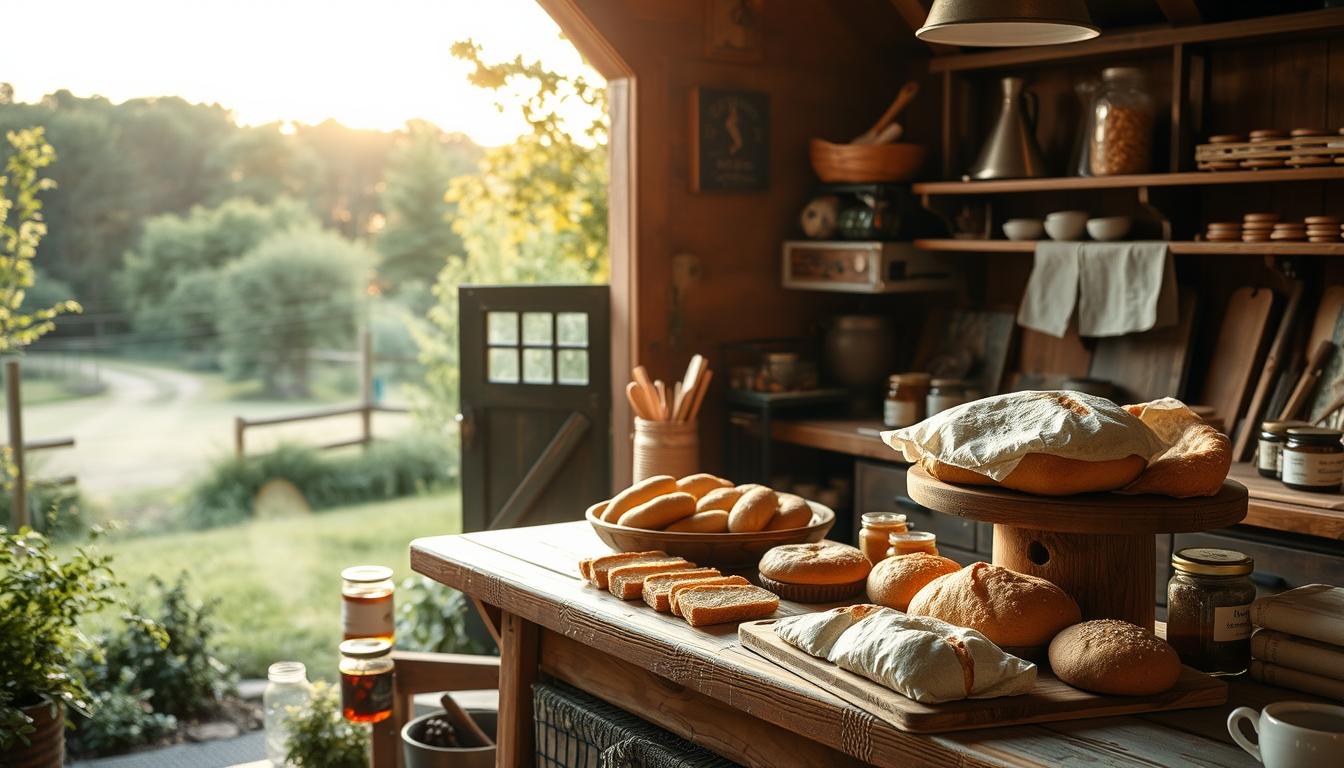
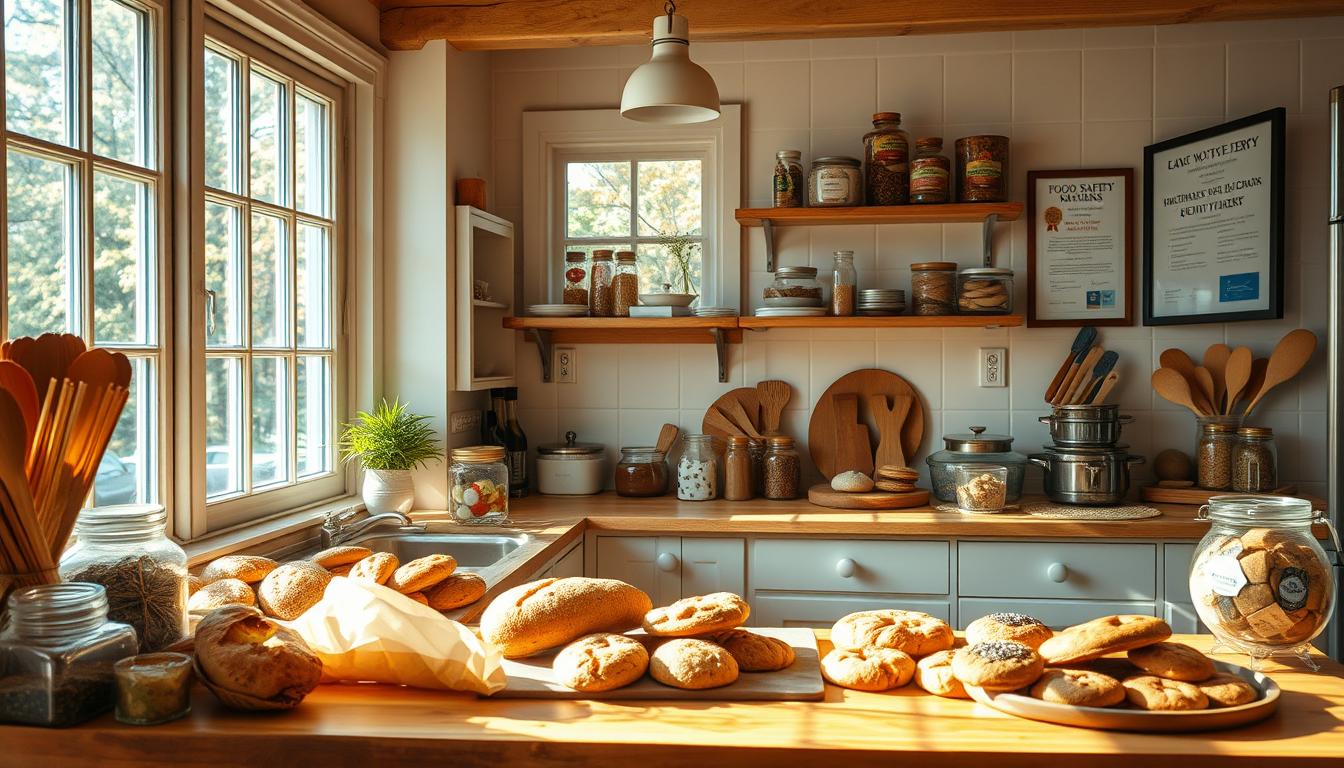
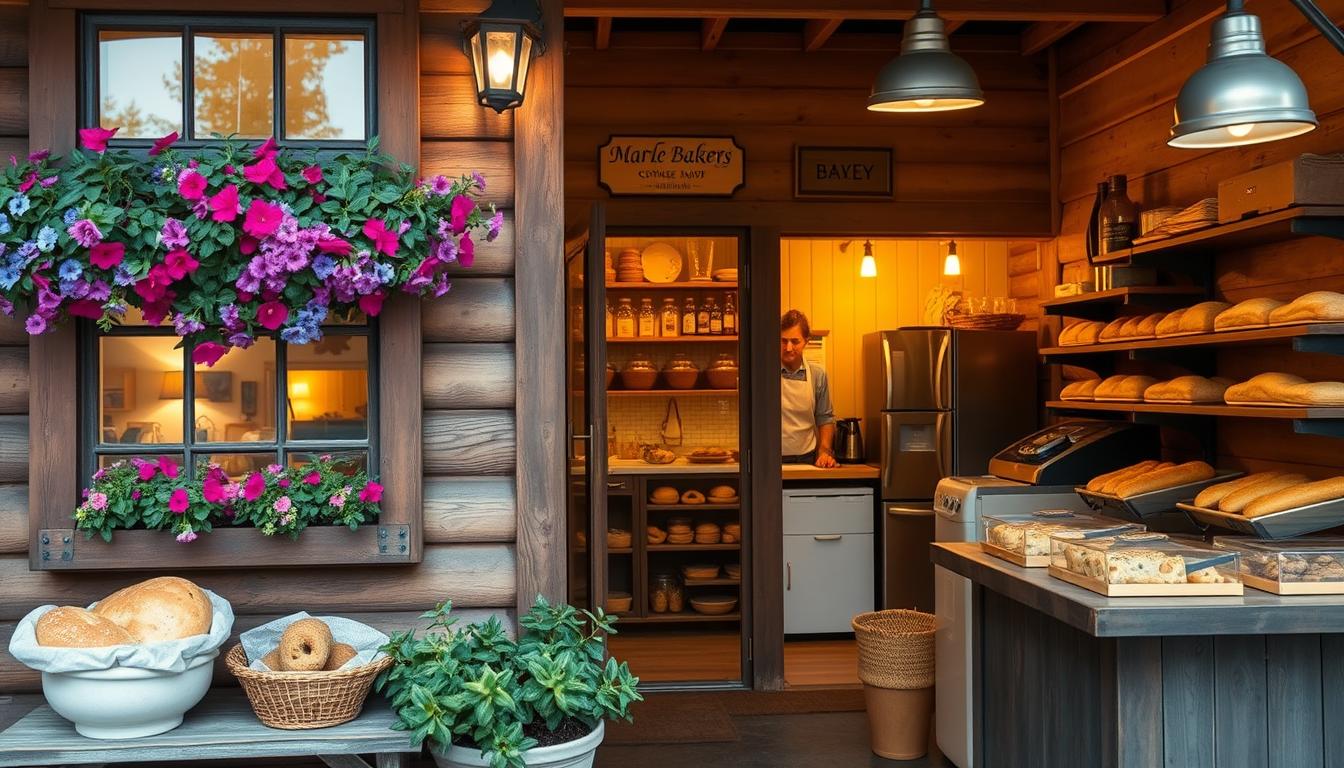
Leave a Reply